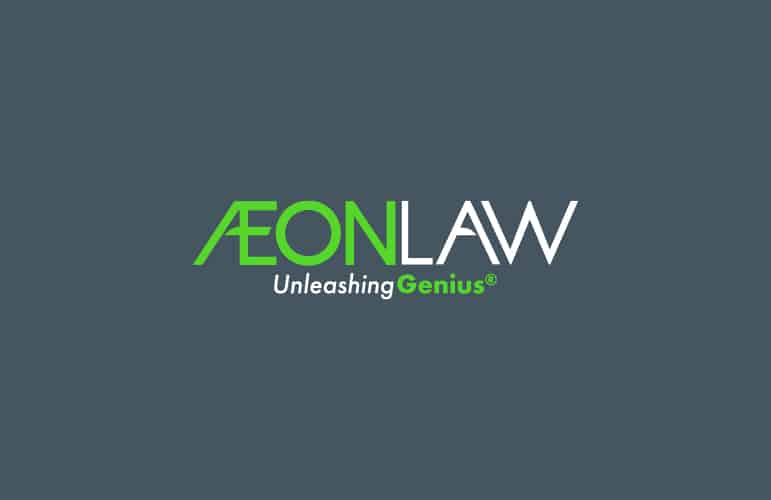The Federal Circuit has ruled that a method for monetizing the delivery of free copyrighted content over the internet is a patent-eligible process.
At issue was claimed 1 of U.S. Patent No. 7,346,545, a “Method and system for payment of intellectual property royalties by interposed sponsor on behalf of consumer over a telecommunications network.”
The patent was filed in 2001 and assigned to Ultramercial, Inc. of Palos Verdes, California. Claim 1 describes an 11-step method for requiring consumers of copyrighted “media products” (such as movies, songs, and books) to watch ads before gaining access to those products.
Ultramercial sued Hulu, YouTube, and WildTangent for patent infringement in the Central District of California (Ultramercial, LLC v. Hulu, LLC). WildTangent brought a motion to dismiss, on the grounds that the ‘545 patent failed to claim patentable subject matter. The district court granted the motion, and Ultramercial appealed.
The Federal Circuit court reversed and remanded, finding that the patent claims a “process” within the meaning of 35 U.S.C. § 101.
The Federal Circuit explained that § 101 is to be given wide scope to liberally encourage ingenuity. Citing the Supreme Court’s Bilski decision, the court noted that case law puts only three categories of subject matter outside the eligibility bounds of § 101—laws of nature, physical phenomena, and abstract ideas.
The court noted that in Bilski the Supreme Court “refused to deem business methods ineligible for patent protection and cautioned against ‘read[ing] into the patent laws limitations and conditions which the legislature has not expressed.’”
As for whether the subject matter of the ‘545 patent was an abstract idea, the court noted that
the mere idea that advertising can be used as a form of currency is abstract, just as the vague, unapplied concept of hedging proved patent-ineligible in Bilski. However, the ’545 patent does not simply claim the age-old idea that advertising can serve as currency. Instead the ’545 patent discloses a practical application of this idea. The ’545 patent claims a particular method for monetizing copyrighted products…
The court did not rule on whether the patent could survive challenges on grounds such as lack of novelty and obviousness.
The mere fact however that the court has decided to skip the facial challenge for a more broad approach thus to allow claimants to bolster their claim is unprecedented. The claimants are now allowed to further postulate how the patent claim can truly encapsulate the meaning that the ‘545 patent is more than just a business method.
On its face the, ‘545 patent is a practical application of the monetization of copyrighted products. While this may seem to fall squarely under business methods which has been stated to be ineligible for protection under the law. The fact that the court did not outright strike the patent down means that there is merit to the contention.
The framers of the patent law could never have foreseen the direction in which technology will take us. The court always looks to harmonize the laws and human experience. It is clear that the framers only envisioned to prevent unscrupulous businessmen from using the patent law to shield their enterprises. It is, however, in light of the recent changes in the world, becoming extremely difficult to draw the line between business processes and a clear practical application.
If anything, the fate of patent ‘545 may signify a radical change the way the court looks at business processes that are more in tune with the digital age.
Just like the haiku above, we like to keep our posts short and sweet. Hopefully, you found this bite-sized information helpful. If you would like more information, please do not hesitate to contact us here.


